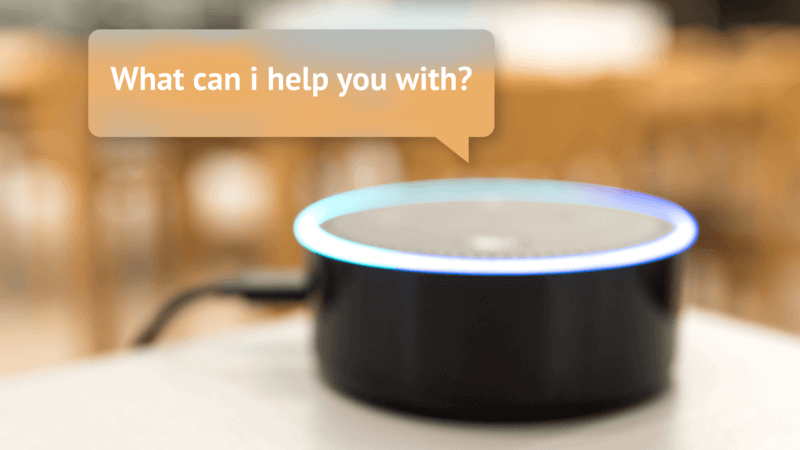Traditional marketing was all about print advertising, branded magazines, catalogs and directly promoting sales – until the digital age took over. Today’s marketing has adopted a completely digital look and feel; from eBooks to white papers, blog posts to webinars, the Internet is considered the primary conduit for modern content distribution. Within this transition to digital marketing, social media and online engagement have quickly taken on major roles, and are now viewed as fundamental tools in present-day B2B marketing.
The integration of ‘social’ into the digital marketing space has fostered a new concept, recognized as Social Content Marketing. In this respect, any message, comment, question, image, video or presentation posted on a social media network constitutes content, in and of itself. In this new world of marketing, content is no longer itemized in terms of a case study, blog post or webinar, and doesn’t necessarily adhere to a certain length. The paradigm has shifted to accommodate a broad definition of content, regardless of whether it’s a 140 character Tweet or a 25 page white paper.
Following this logic, social message creation also entails the same steps as traditional content creation. To successfully engage potential prospects and existing customers on social media, marketers must still define a target audience, analyze its interests, needs and unifying traits, and distribute content on a large-scale. In addition, the development of cloud-based social media management platforms gives businesses the opportunity to track, monitor and measure social content activities in the same way as other marketing collateral.
Despite the widespread similarities, one major difference inherent to social content is its underlying purpose. Unlike traditional marketing, which revolved around direct sales and promotional materials, the objective of B2B social content is to educate consumers by providing valuable and useful information that influences their pre-purchasing research. Social content doesn’t simply drive traffic or increase sales, it has the ability to build a favorable reputation for brands across multiple channels, and establish a brand’s credibility across the online community at large – which includes prospects, customers and thought leaders.
Social messages go one step beyond traditional content, given their ability to engage target audiences and address customer questions and concerns, in real-time. A range of social platforms, including Facebook, Twitter, LinkedIn and Google+, are actively being leveraged by businesses to share core messages, educate users about products and services, and lead prospects to sales – without resorting to overly promotional tactics. Consumers are increasingly relying on social media to determine whether or not they would like to do business with your organization, and many of them feel that companies providing helpful content are interested in building a lasting relationship, and not just closing a sale.
Remember, each post or comment that appears on your social media profile automatically becomes a part your brand’s identity. As a result, social media marketing must always be consistent, engaging and time-sensitive and relevant to your audience. Logic dictates that the more a prospect comes into contact with informative, appealing and tailored social content from a brand, the more likely it will achieve top-of-mind preference, which is critical in the bottom stages of the sales funnel.
The social era of marketing has created a situation in which a substantially “heavy” piece of content, such as an extensive white paper, has the same potential to win over a consumer as a 140 character (or less) Tweet. It’s time to start treating social messages with the same level of consideration as any other type, particularly since social networks enable brands to share content faster, and connect with relevant prospects in a personalized, interactive manner.



